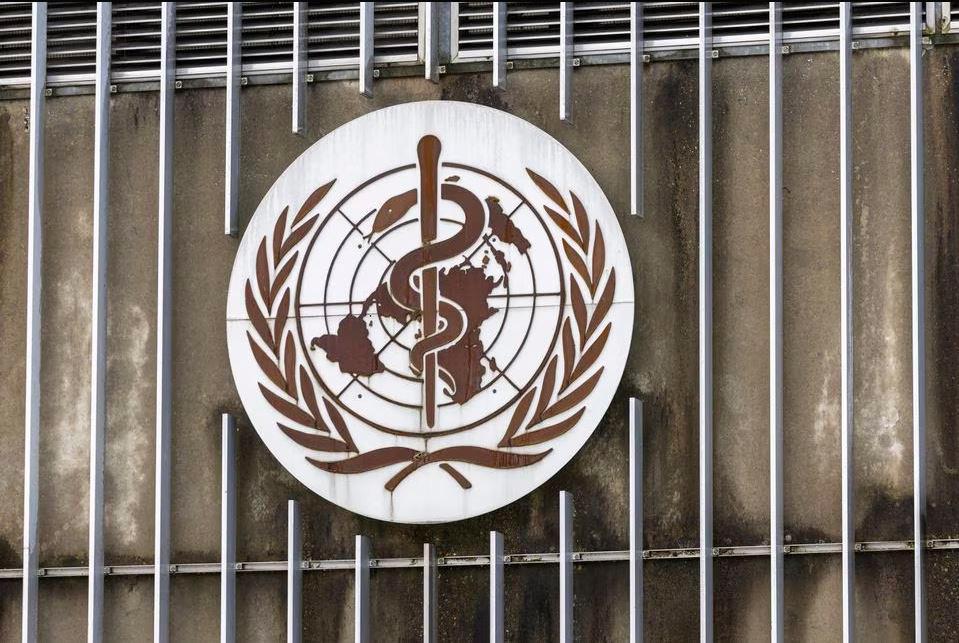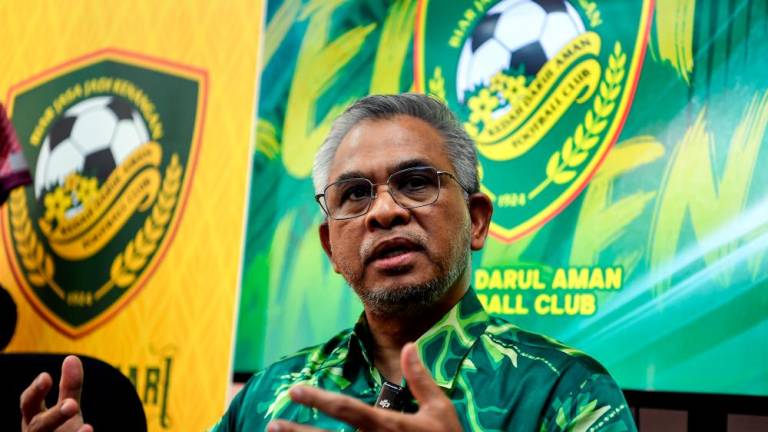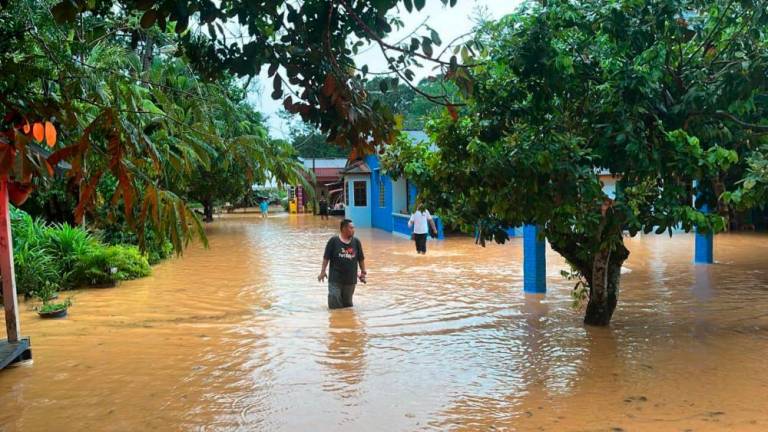KIGALI (Rwanda): Health authorities in Burundi on Friday said they had detected eight samples of polio, officially declaring the landlocked African nation’s first outbreak in more than 30 years.
The cases were “confirmed in a four-year-old boy in Isale district in western Burundi who was unvaccinated and two other contacts of the sick boy,” Anadolu Agency cited the World Health Organisation (WHO).
In addition, five samples from environmental surveillance of wastewater confirmed the presence of the circulating polio virus type 2.
Matshidiso Moeti, the WHO regional director for Africa, said the detection showed the effectiveness of disease surveillance in the East African country.
“Polio is highly contagious and rapid action is essential to protect children through effective immunization,” said Moeti.
“We support national efforts to scale up polio vaccination so that no child is left behind and at risk of suffering the debilitating effects of the disease,” she added.
The Burundian government declared the detection of the virus a national public health emergency, and announced plans to roll out a polio vaccination campaign in the coming weeks targeting children aged 0-7 years.
Circulating poliovirus type 2 infections can occur after the weakened strain of virus contained in oral polio vaccine circulates among under-immunized populations for long periods of time. It is the most common form of polio in Africa, according to the WHO. - Bernama













